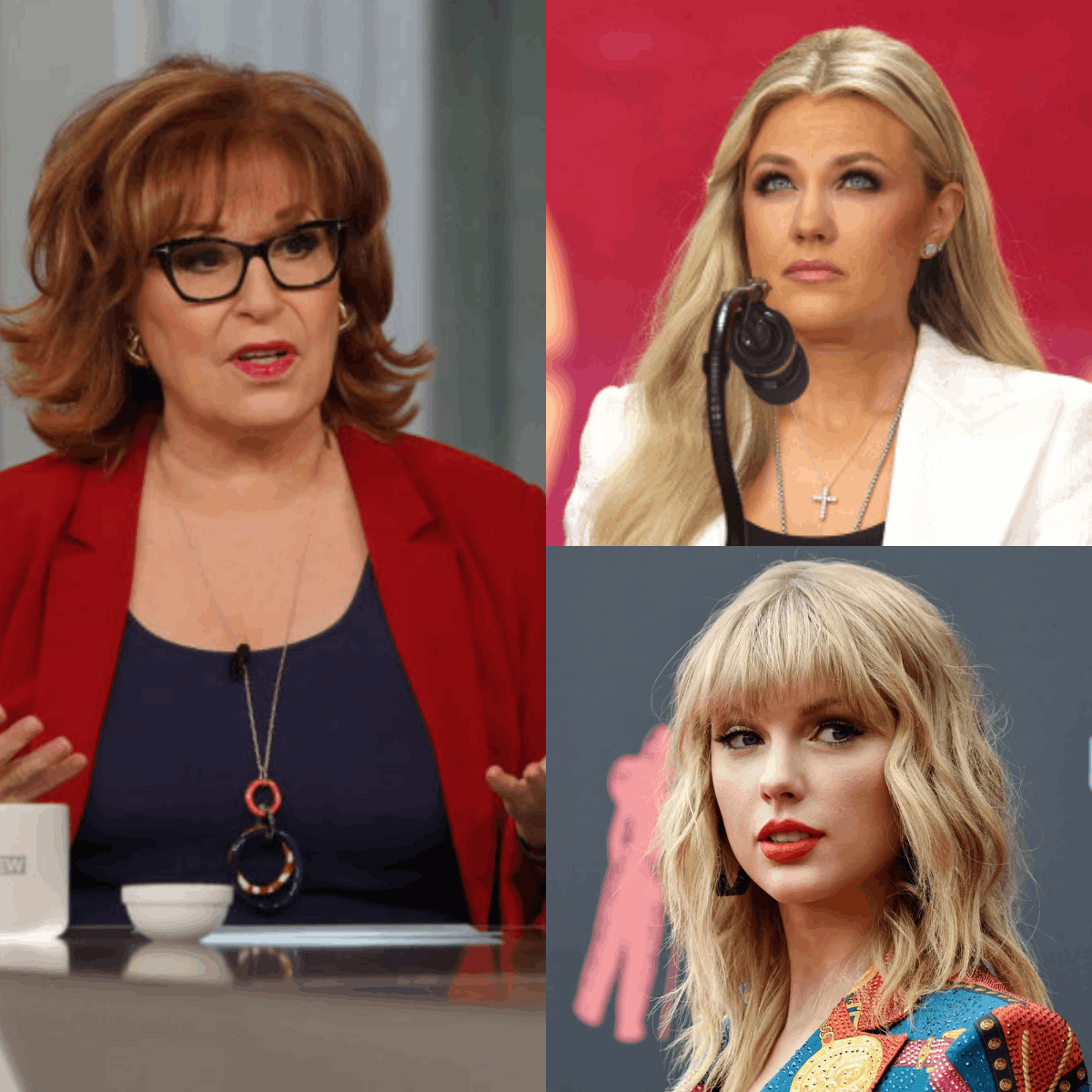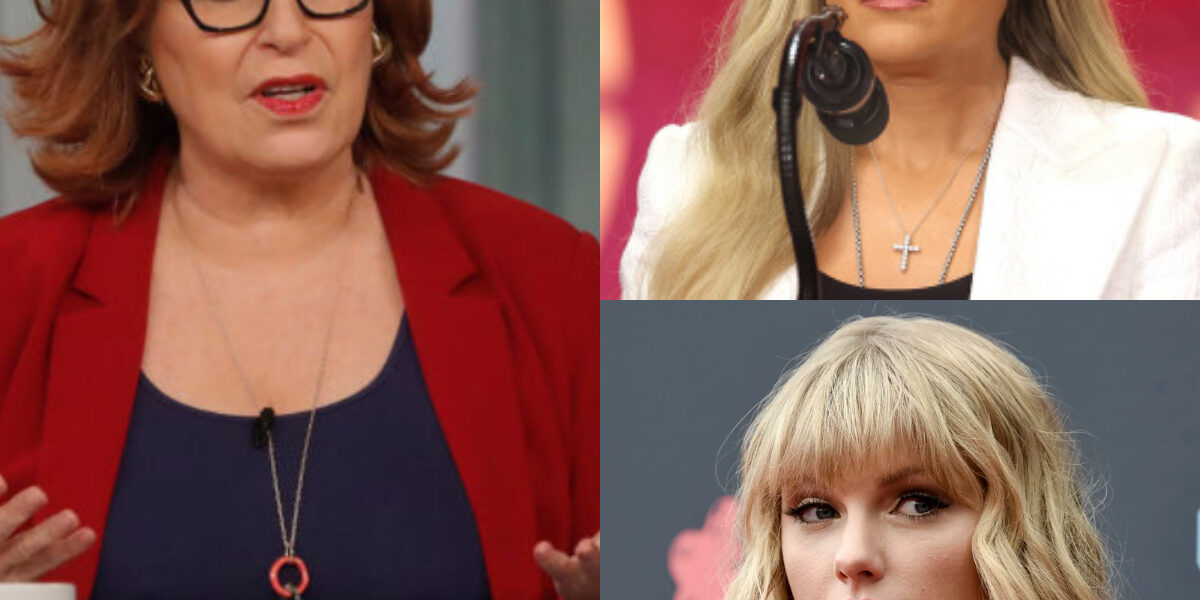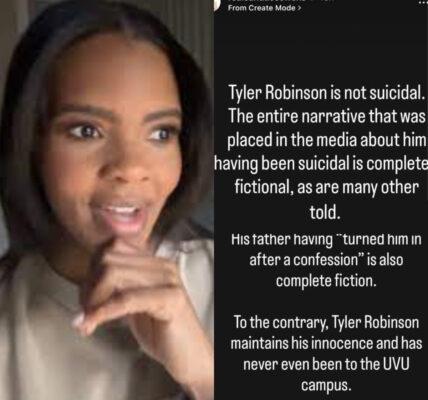“Sit down, Barbie.” — Joy Behar suddenly criticized Erika Kirk, calling her a “T.R.U.M.P. puppet” on live air. But just a few minutes later, before Erika could react, Taylor Swift spoke up — not to put her down, but to defend her. With calm and sincerity, Taylor Swift turned to Joy and spoke a profound truth that silenced the entire studio. Erika Kirk sat there, eyes wide with shock, while the audience stood up — not to cheer for Joy, but to applaud the singer who had stood up to injustice and turned an attack into a lesson in respect and integrity.
The Spark: “Sit Down, Barbie”
The Shockwave

Taylor Swift Steps In
A Profound Truth
The Audience Responds
Reactions Beyond the Studio

Joy Behar’s Response
Erika Kirk Breaks Her Silence
Taylor Swift’s Role in Cultural Dialogue
A Teachable Moment





